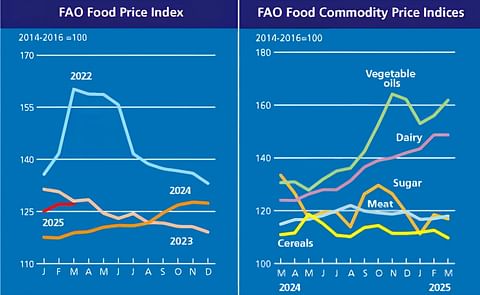CASH-strapped consumers face yet more soaring food prices because of plans by Brussels to ban commonly-used pesticides. Farmers' leaders in Scotland predict rises of up to 50% on some staple items such as cereals, potatoes and fruit at a time when food price inflation is already at its highest for almost 30 years. The EU says it wants to ban a range of up to 50 chemicals for use on crops because of their potential hazard to human health. They contain ingredients, which have, in high doses, been linked to cancer and other conditions. But farmers say the products have been used safely for decades with no evidence of harm to humans. Banning them would lead to a dramatic reduction in crop yields and a consequent increase in food prices.
Food costs 'to soar' after pesticide ban
Like to receive news like this by email? Join and Subscribe!
NEW! Join Our BlueSky Channel for regular updates!
Sponsored Content
Sponsored Content
Sponsored Content
Sponsored Content
Sponsored Content










